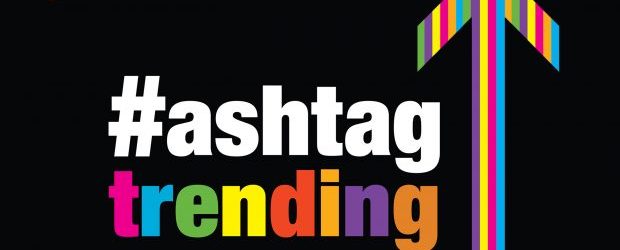Collision from home 2020, Andrew Yang says big tech should pay for user data, and Ontario’s new math curriculum will feature code and data.
It’s all the tech news that’s popular right now. Welcome to Hashtag Trending! It’s June 24, and I’m your host, Baneet Braich.
With more than 400 speakers representing the world’s most popular enterprises, it’s been tough to keep up with Collision from Home so far – and it’s only day 1. Replacing the flagship Collision conference in Toronto, which has been deemed the fastest growing tech conference in North America, Collision from Home allowed registered participants to tune in via an app. The nifty platform interface featured three separate channels and dozens of bite-sized discussions with industry leaders. Toronto mayor John Tory introduced everyone while talking about the past couple of months, including the effects the pandemic has had on the city, as well as the abandoned smart city project involving Alphabet subsidiary Sidewalk Labs. Day 1 featured fascinating conversations about the remote work era, the impact lockdowns have had on the gig economy, sales in the era of COVID, and so, so much more. Keep up to date about Collision this week right here on Hashtag Trending, and on ITWorldCanada.com
Getting paid for all the data the tech giants scope from you…how does that sound? Andrew Yang is trying to make it happen with his new Data Dividend Project. This program hopes to establish data as property under privacy laws all across America. Right now the focus is on Californians but this is something Yang says he hopes other states follow. It’s about data being considered personal property and tech giants must pay up. In early 2020, the California Consumer Privacy Act (CCPA) allowed consumers to have more control over their information but there is legally nothing about tech companies paying for data and encouraging users to keep sharing their data. Yang told The Verge, “ we are completely outgunned by tech companies. “We’re just presented with these terms and conditions. No one ever reads them. You click on them and hope for the best.” Yang says this project is an opportunity to change that.
Lastly, Ontario students will now be able to learn the basics of taxes, bills, and savings in math class. The Ontario government has announced a new math curriculum that offers financial literacy, coding and “back to basics”. The new changes come after the government has noticed that students’ test scores through the Education Quality and Accountability Office have been decreasing in the last five years. Now students will need to demonstrate what they know about Canadian currency and financial management. Students will also learn to make decisions by writing and altering code based on data they analyze. From Grade 1 will learn to use code to work on determining patterns, solving problems and creating “computational representations of mathematical situations. Grade 8s will manage, analyse and use data to make convincing arguments and informed decisions based on real life, the government says. Students can expect this new curriculum this fall.
That’s all the tech news that’s trending right now. Hashtag Trending is a part of the ITWC Podcast network. Add us to your Alexa Flash Briefing or your Google Home daily briefing. I’m Baneet Braich, thanks for listening.
